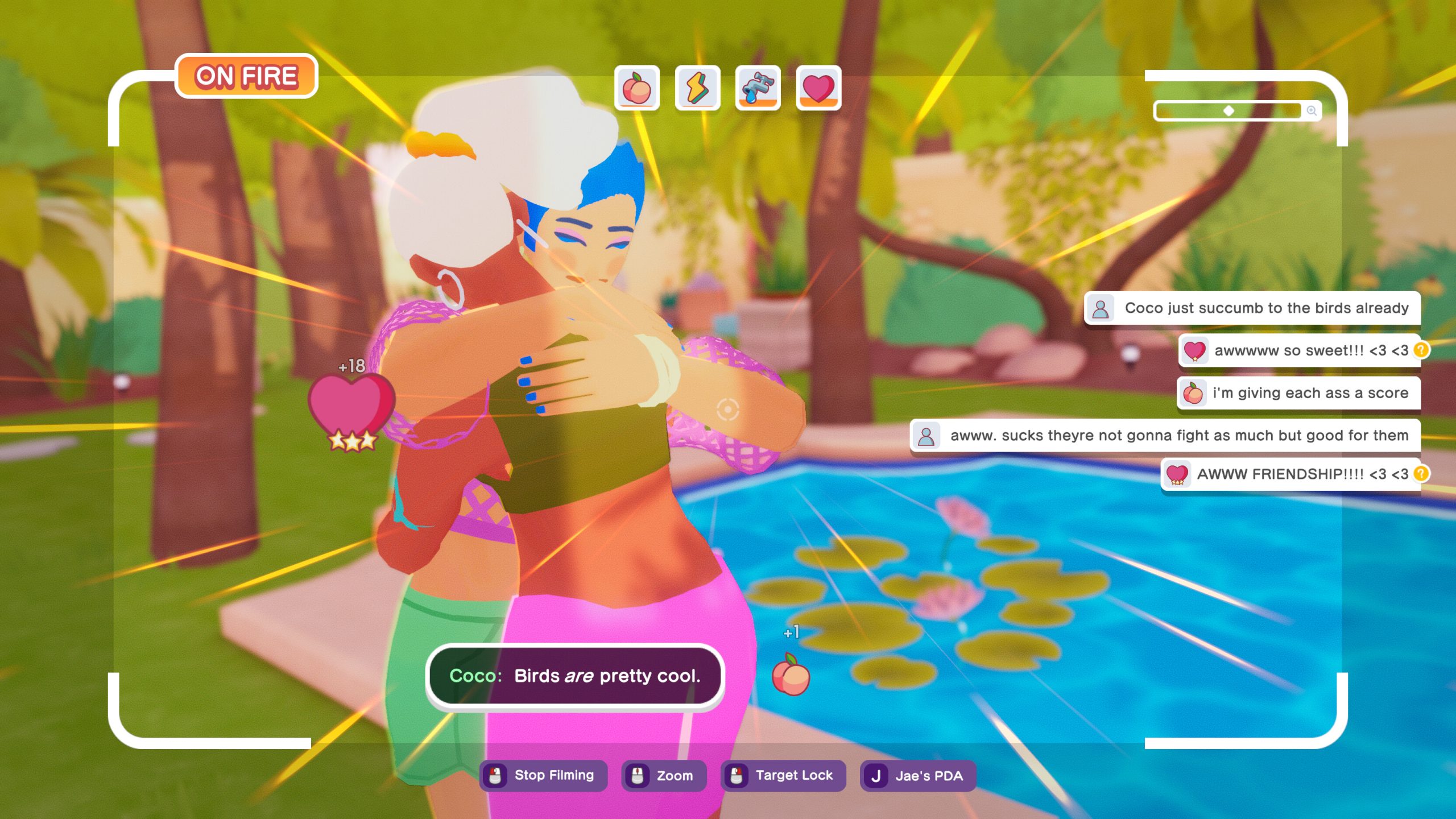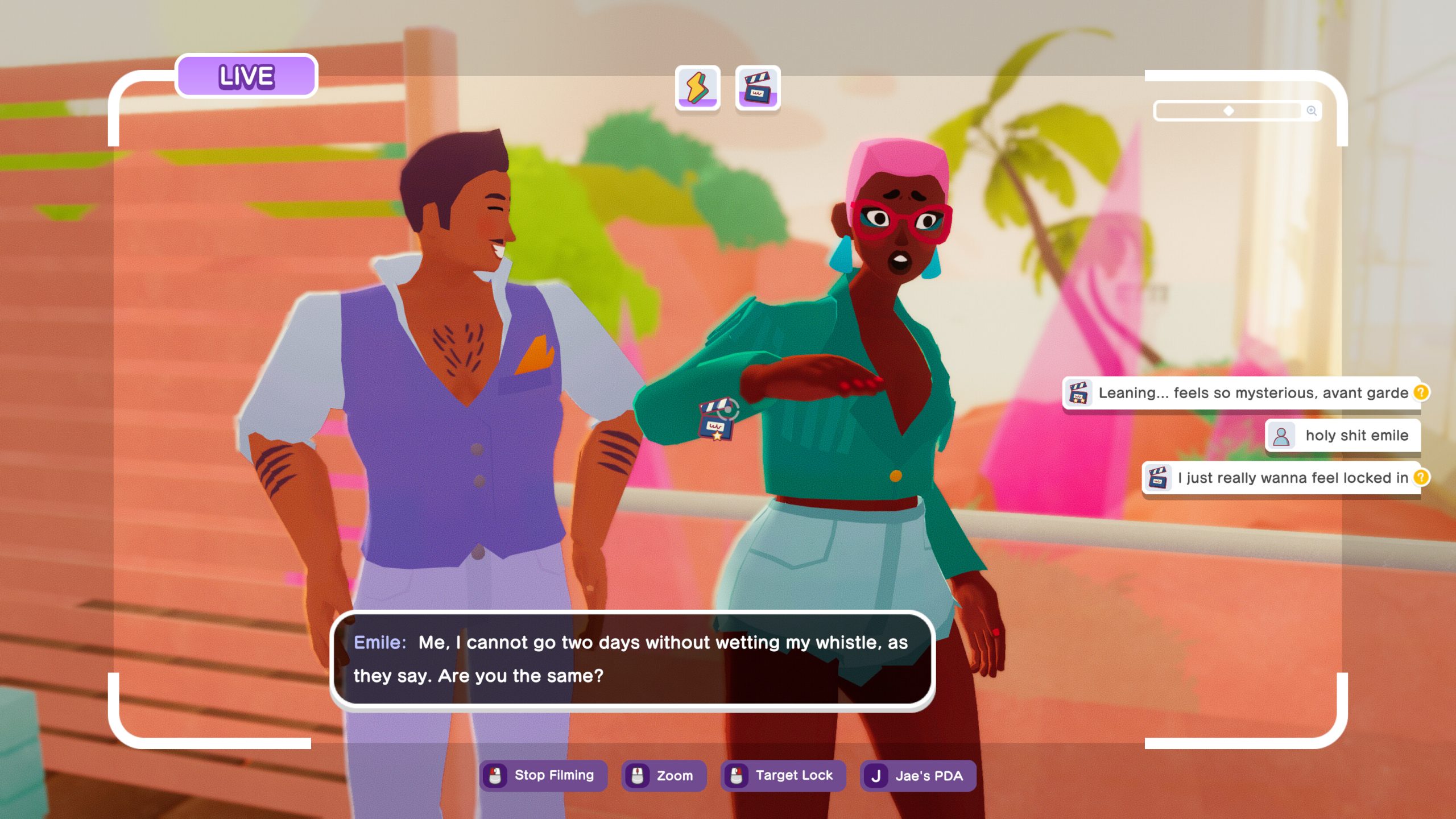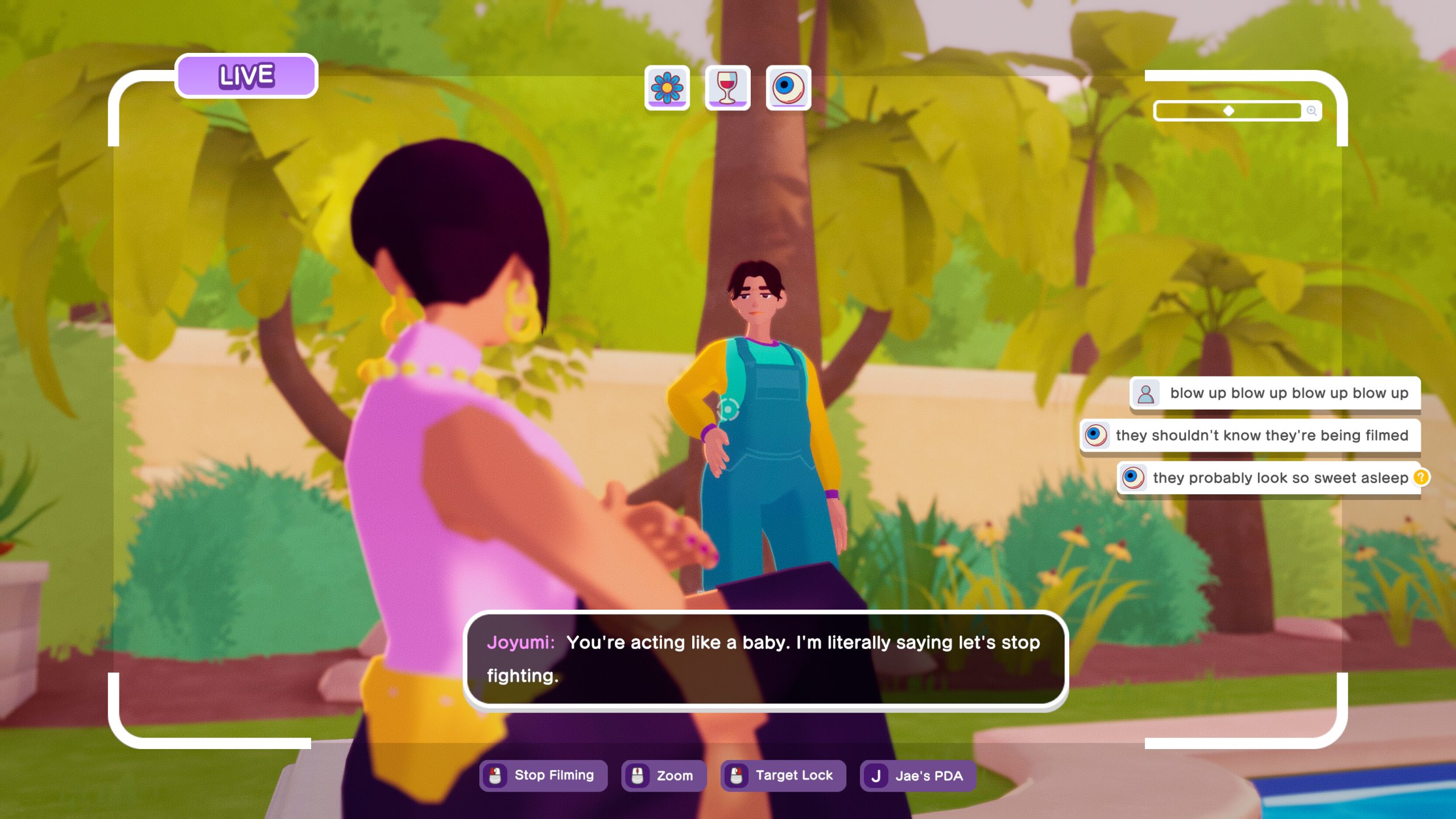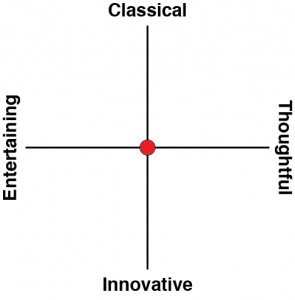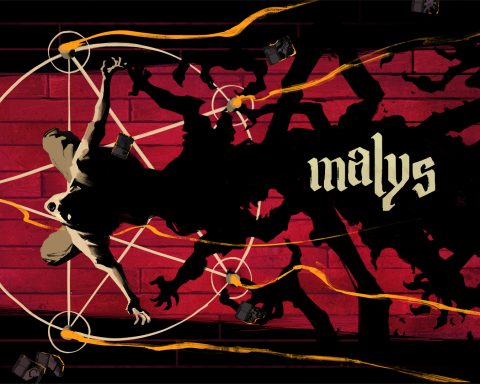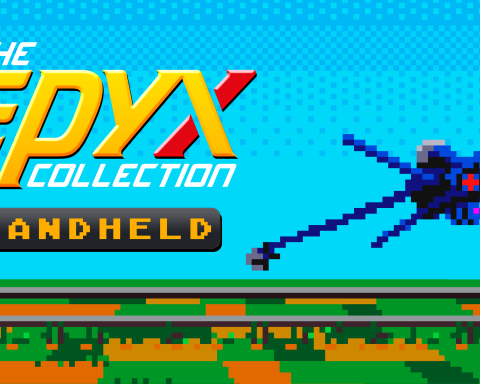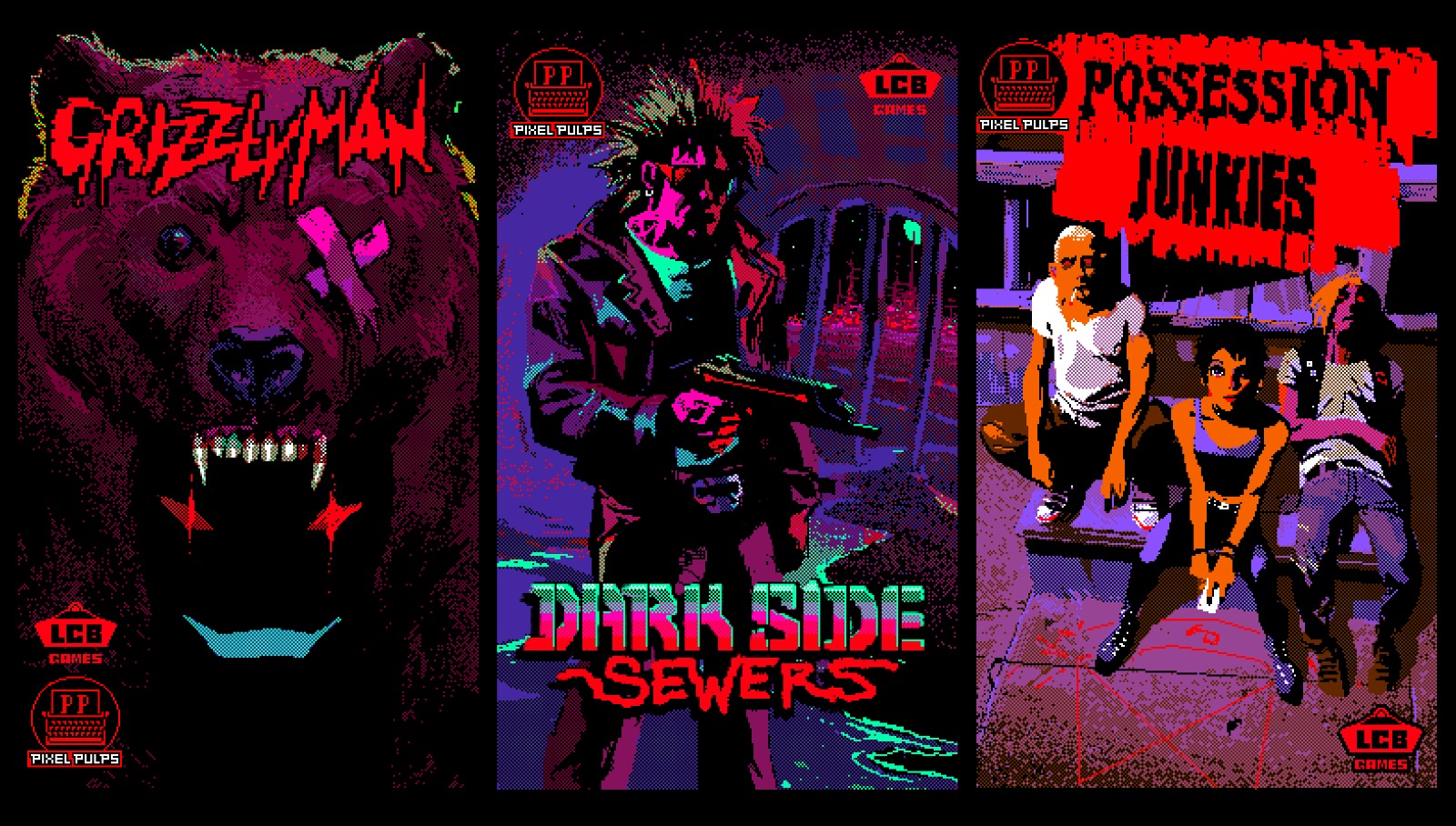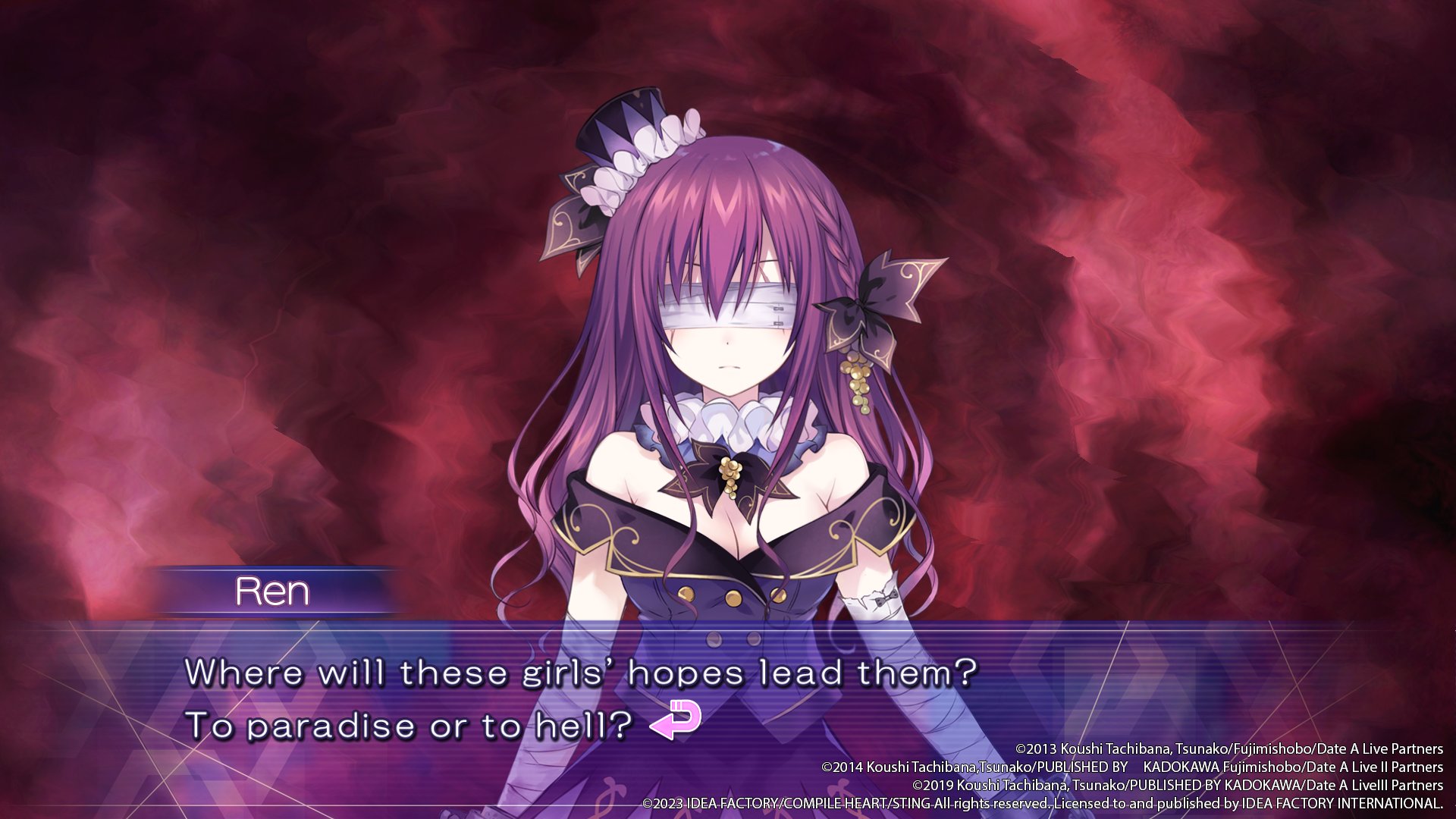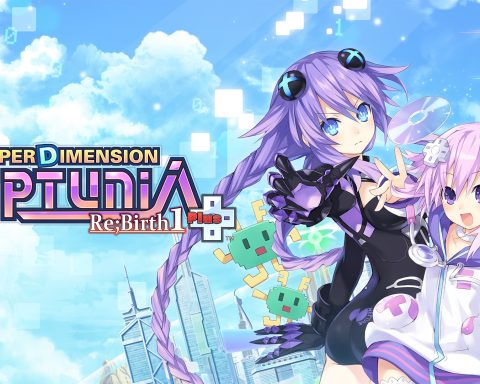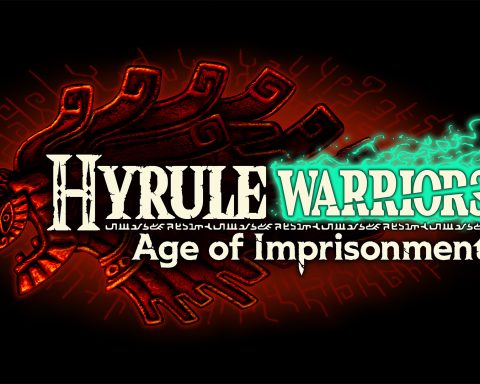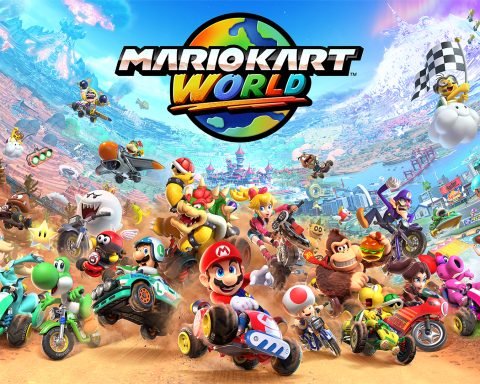I would be excellent at Survivor. I’m fully convinced of that. The people that go on that show are idiots. I’d go on there, get a little clique “alliance” together, play them off one another like they’re chess pieces, own that I was a total sociopath about it at that final tribal council thing, and walk away with the cash for a game played well. It’s exactly the kind of person that wins every one of those seasons.
Of course, if I went on Survivor what would actually happen is I would probably be the first person kicked off and all the video clips would be of me saying things that have been carefully edited to make me seem like I’m the stupid one.
That is the point of reality TV, after all. It isn’t reality at all. It’s all carefully manipulated to extract maximum entertainment. Casts are chosen based on the conflicts that they’re going to set off with one another (that’s how I know I’d at least be able to get on the show because I’m very good at causing conflict). The camera team follows every person around all day long and then splices about 20 seconds of footage of them out of an hour-long shot. Reality television, its idealised voyeuristic qualities, and the reason it’s so appealing to audiences are a truly fascinating thing to study and deconstruct for these reasons. We shouldn’t love these things, and yet we do.
And you better not make fun of it, because these shows have fans.
The thing that I’m most disappointed about with The Crush House is that it’s nowhere near introspective enough. It has its funny moments and generally surreal characters, and while I don’t want to indulge spoilers the dark plot twist is somehow a bright and colourful riff on Soylent Green, but humour and comedy are not the same thing as satire, and I was expecting The Crush House to be a stronger satirical deconstruction and analysis of reality TV than it is. The second half of the game has elements of it, as that sinister mystery comes to the foreground, but again without giving away spoilers I didn’t get much of a deconstruction out of it, other than it behaves as a recognition that yes, the reality genre is manufactured entertainment.
Anyhow. What you do get to do in The Crush House is fun. Essentially your job is to run around capturing video of the four contestants (from a larger roster that you pick at the start of each “season”), and make sure that what you’re getting on film is what the audience of the day wants to see. Sometimes they’ll be looking for a pervy, voyeuristic experience. Other times you’ll have a bunch of plumbers log in and all they want to see is drains. I don’t understand that either, but hey, whatever works for them, I guess.
Once you’ve got a happy audience the next job is to monetise their eyeballs by feeding them ads when they’re not watching the contestants through your lens. This means you need to put the camera away, which in turn means you may miss something juicy, but hey, it’s capitalism. You’ve got to maximise that revenue and sometimes risk pissing off the community to do so.
As mentioned, all is not what it seems in The Crush House, and soon enough you’ll need to complete other objectives on the sly. While you have a rule not to talk to the latent, you’ll be breaking that soon enough by interacting with them, because they have things that they want out of you. At the same time, the aforementioned sinister figures show up and tell you you’ll be helping them with their own agenda too.
It only takes a couple of hours to work through a single season of The Crush House – perhaps that in itself is a mild commentary on what the genre does to attention spans. Each play-through is good, though and there is solid replay value. Characters will fight, make up, jump on one another and so on, with some behavioural variance from one season to the next, so it’s almost roguelike in what you’ll be Pokemon Snapping each time you play. It’s not a difficult game but there is some tension to play well too, as the audience tells you if you’re providing them what they want thanks to a social media feed that ticks along on the screen, and you need to hit specific quotas each day, otherwise you get fired.
However, while it’s entertaining enough to play mechanically, I did struggle to sit down for long sessions. I found none of the characters to be particularly appealing as individuals (that’s the point, yes, but unlikable is unlikable). Additionally, the location – an idyllic mansion with a pool and garden – is appropriately gaudy and heavy on the eyes, while also being exactly the kind of vapid place you’d expect for a reality show setting. Because it is spot-on perfect for this kind of show, however, it’s also not a particularly enjoyable place to spend a lot of time.
The combination of all the above leaves us in a bit of an interesting conundrum – it’s hard to care about any of the characters or their situation, but this is also by design because the game’s effort at satire is specifically to make everything that you see an unpleasant caricature.
And yet while it’s largely successful at that, at the same time it’s just not scathing enough to work as a satire. As one of the lead developers herself said in an interview with us, it’s hard to satirise something that is already an (unintentionally or otherwise) parody of itself. I think the idea to create a hyperbolic “seedy underside” to the show was a good one, but thanks to the cartoonish quality of the aesthetics, behaviour of the characters, and general presentation, it’s more “Sunday morning cartoon” dark than a profound critique that leaves you shaken afterwards. It’s like how the Teenage Mutant Ninja Turtles or He-Man are technically social critiques. I mean, sure. But also it would be silly to compare them to A Clockwork Orange or Lolita.
I can’t help but feel Rockstar’s classic videogame nasty, Manhunt, was a better attempt at critiquing the voyeuristic quality of reality television. It pre-dated reality TV as a genre, so it’s not explicitly about the subject, but the savage grimness in the way it turned snuff film production into entertainment certainly had something harrowingly poignant to say about what we, as people, will find entertaining to watch. The Crush House, meanwhile, is bright and fruity, and the sinister element that is meant to carry the subversion seems to be something more akin to something like “tee hee, we know this is a bit problematic, but we sure love reality TV anyway.” It makes sense that this is where the developers would land. We all know that reality TV should be critiqued even as we all have at least one example of it that we can’t help but watch. The developers have also made a genuinely entertaining game out of it. It would be ridiculous to criticise candy for being good at being candy. I think I’m just surprised that it didn’t have more substance because it seemed like it had all the potential in the world to be a grand dessert.


